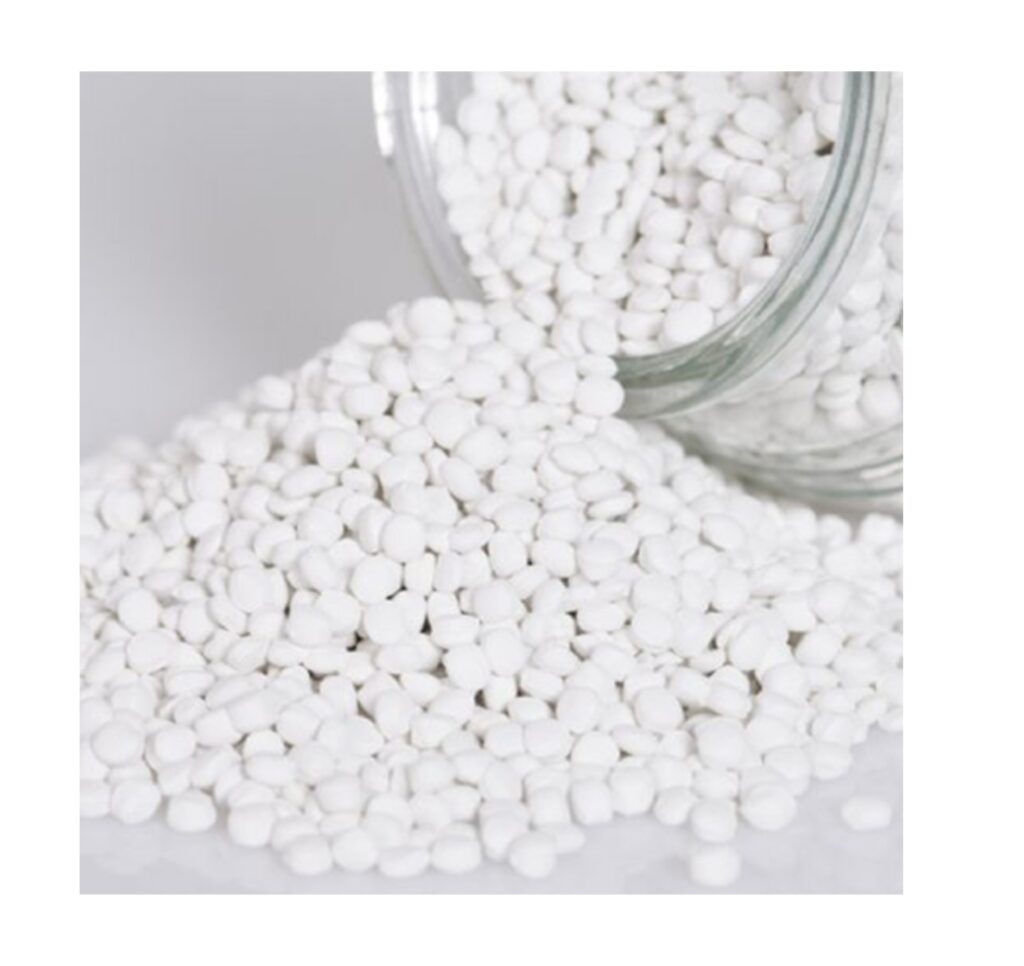
Calcium carbonate powder is commonly used as a filler in plastic masterbatches for several reasons:
1. Cost-Effectiveness: Calcium carbonate is relatively inexpensive compared to other fillers, making it a cost-effective option for enhancing the properties of plastics.
2. Enhancing Plastic Durability: Incorporating CaCO3 powder into plastic formulations can enhance mechanical properties such as stiffness, tensile strength, and impact resistance. This is particularly useful in applications where durability and strength are important.
3. Density Reduction: Calcium Carbonate is less dense than many other filler materials. This can help reduce the overall density of the plastic without sacrificing mechanical performance. It benefits sectors that require lightweight materials, such as automotive or aerospace.
4. Enhanced Processing: Calcium carbonate can enhance the processing properties of plastic compounds used in extrusion and injection moulding. It can help achieve improved flow and dispersion characteristics. This leads to more efficient processing and lower production costs.
5. Opacity and Whiteness: In certain applications, such as film manufacturing or packaging, calcium carbonate can provide plastic opacity and whiteness. This enhances its aesthetic appeal. It also makes it suitable for a wider range of uses.
6. Environmental Benefits: Calcium carbonate is a naturally occurring mineral and is non-toxic. This quality makes it environmentally friendly compared to some other filler materials. Additionally, its widespread availability reduces the environmental impact of extraction and transportation.
7. Dimensional Stability: Calcium carbonate can help improve the dimensional stability of plastic products, reducing shrinkage and warping during processing and use.
Overall, the use of calcium carbonate powder in plastic filler masterbatches offers a range of benefits. These benefits contribute to improved performance, cost savings, and environmental sustainability in various industries.